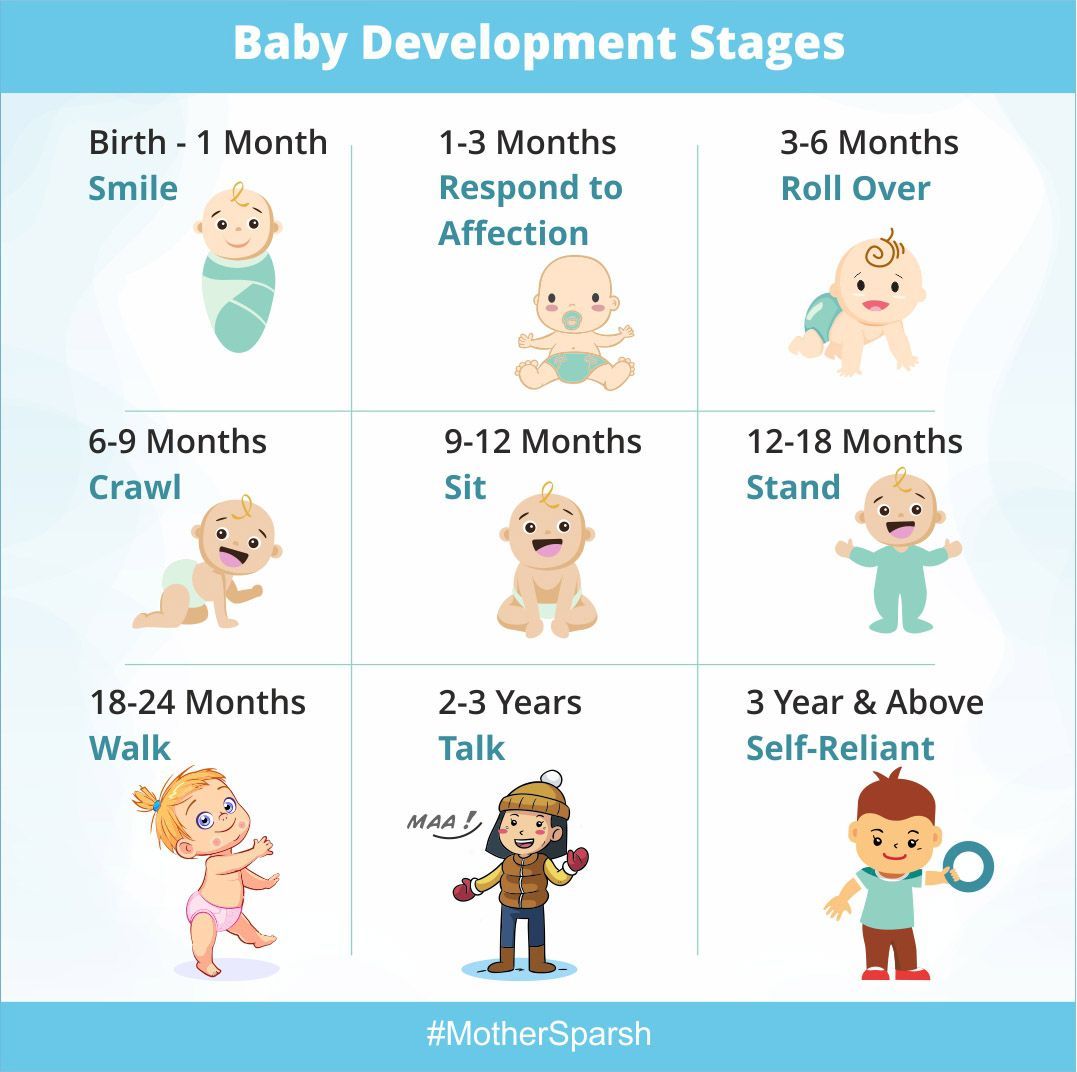In our fast-paced and technology-driven world, mental wellness has become a priority. People are constantly seeking ways to alleviate stress, improve their emotional well-being, and achieve overall mental balance. Holistic approaches to mental wellness have gained significant popularity as they address the interconnectedness of the body, mind, and soul. This article explores the various holistic approaches that can enhance mental well-being by focusing on these three aspects.
The Body
The body is often overlooked when it comes to mental health, but it plays a crucial role in our overall well-being. Taking care of our physical health through exercise, proper nutrition, and adequate sleep can significantly impact our mental state. Regular physical activity releases endorphins, which are known as the “feel-good” hormones, promoting a positive mood and reducing stress. Likewise, consuming a balanced diet nourishes the body and mind, providing essential nutrients for optimal brain function.
Practicing mindfulness and relaxation techniques like yoga and meditation can also help connect the mind with the body. These practices promote self-awareness, reduce anxiety, and improve focus and concentration. By incorporating mindful movements and breathing exercises into our daily routine, we can not only strengthen our physical health but also cultivate a deeper connection between our body and mind.
The Mind
The mind is the center of our thoughts, emotions, and perceptions. To achieve mental wellness, it is essential to understand and manage our thought processes effectively. Cognitive-behavioral therapy (CBT) is a widely recognized approach that focuses on identifying and challenging negative thoughts and behavioral patterns. By replacing these negative patterns with positive ones, individuals can develop healthier thinking habits, leading to improved mental well-being.
Engaging in creative activities such as painting, writing, or playing a musical instrument can also be highly beneficial for the mind. These activities provide an outlet for self-expression, promote relaxation, and reduce stress. Additionally, they foster a sense of accomplishment and fulfillment, leading to improved self-esteem and overall mental health.
The Soul
While often intangible, the soul is an essential aspect of our holistic well-being. Nurturing our soul involves engaging in activities that bring us joy, purpose, and a sense of fulfillment. For some, connecting with nature and spending time outdoors can provide a spiritual rejuvenation. Others may find solace in practicing gratitude, journaling, or engaging in volunteer work to contribute to the welfare of others.
Integrating mindfulness practices like meditation and deep introspection can help individuals explore their inner selves, identify their values, and align their actions with their true purpose. Cultivating a sense of spirituality and finding meaning in life is vital for fostering mental well-being.
Conclusion
An integrated approach to mental wellness that encompasses the body, mind, and soul is crucial for achieving true harmony and balance. By prioritizing physical health, engaging in cognitive therapy, and nurturing our spiritual core, we can enhance our mental well-being. As technology continues to advance, it is essential to remember the importance of holistic approaches to mental wellness. By taking care of ourselves in all aspects, we can lead healthier and more fulfilling lives.




